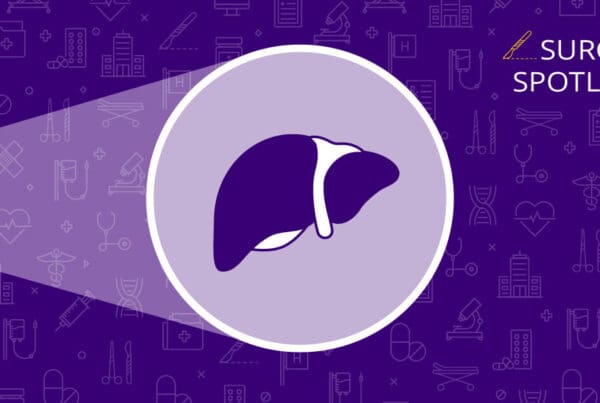October is American Pharmacists Month. Pharmacists do a lot of important work, but much of it is behind the scenes and some people may not realize the different services they provide.
For some facts you might not know about pharmacists, we talked with Elaine Huang, PharmD, interim director of pharmacy for Harborview Medical Center, and Cathy Null, PharmD, manager of ambulatory pharmacy services at Harborview Medical Center.
1. Pharmacists provide a wide range of care
You may think of a pharmacist as someone who works primarily in a pharmacy, sorting through pills. While that’s part of the job, there’s also much more that pharmacists do.
Pharmacists are part of the care team: rounding with doctors, nurses and other care providers; consulting with other members of the care team about medication doses; helping troubleshoot insurance issues around medication authorization; and making sure medications are properly tailored for each individual, Cathy explains.
For example, Harborview has six outpatient pharmacies that all serve different patient populations or provide specialized services.
Additionally, pharmacists work in outpatient clinic settings to help patients manage medications for chronic diseases like high blood pressure, high cholesterol and diabetes, Elaine says.
It’s also important to note that the people working to fulfill new prescriptions and refills plus package the drugs and deliver them to hospitalized patients are usually pharmacy technicians. Their work is overseen by pharmacists, and Elaine describes them as the “foundation” of pharmacy work.
2. They’re accessible to all patients
Pharmacists don’t just work with patients in hospitals, either. At UW Medicine, they also work in outpatient clinics, the IT department and the refill authorization center.
“Research shows that pharmacists are the most accessible healthcare provider across the country. It’s because of our proximity to the community,” Elaine says.
In fact, this is why Elaine chose to become a pharmacist: she wanted to give back.
“It’s like a secret, people don’t know how well-educated pharmacists are. They should be your go-to resource for medication questions,” she says.
3. They prepare for drug shortages
“In any given time there are over 200 drug shortages listed on the FDA’s website,” Elaine says.
Anything that can delay or halt deliveries — such as the pandemic or national disasters including the recent wildfires — can contribute to drug shortages, Cathy explains.
In order to be prepared, UW Medicine pharmacists closely track the drugs that are on the shortage list, Elaine says. In the event of a severe shortage, they would work closely with doctors and other providers to find alternative therapies for patients who need them.
4. They help research medications
Another important part of pharmacy work is supporting new drug trials that are occurring at UW Medicine.
The Investigational Drug Service (IDS) manages medications used on clinical trials and provides accountability, handling, storage and control of investigational drugs. This assures compliance with the standards of the FDA and the study sponsor.
“We have pharmacists at UW Medicine all geared up to help with the COVID-19 vaccine trials,” Cathy says.
5. It’s easy to consult with a pharmacist
While you can always ask your local pharmacist questions at an outpatient pharmacy, you can also make an appointment with a pharmacist by asking for a referral from your doctor. Clinical pharmacists within UW Medicine have prescriptive authority and can help manage chronic conditions such as diabetes, hypertension and high cholesterol.
“Whatever your question may be, pharmacists are here to help — and happy to do so,” Elaine says
“I love the patients and staff that work at UW Medicine. There’s nowhere else I’d want to work,” Cathy says.


